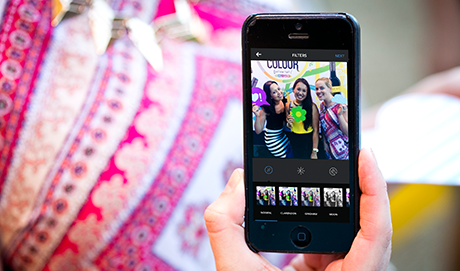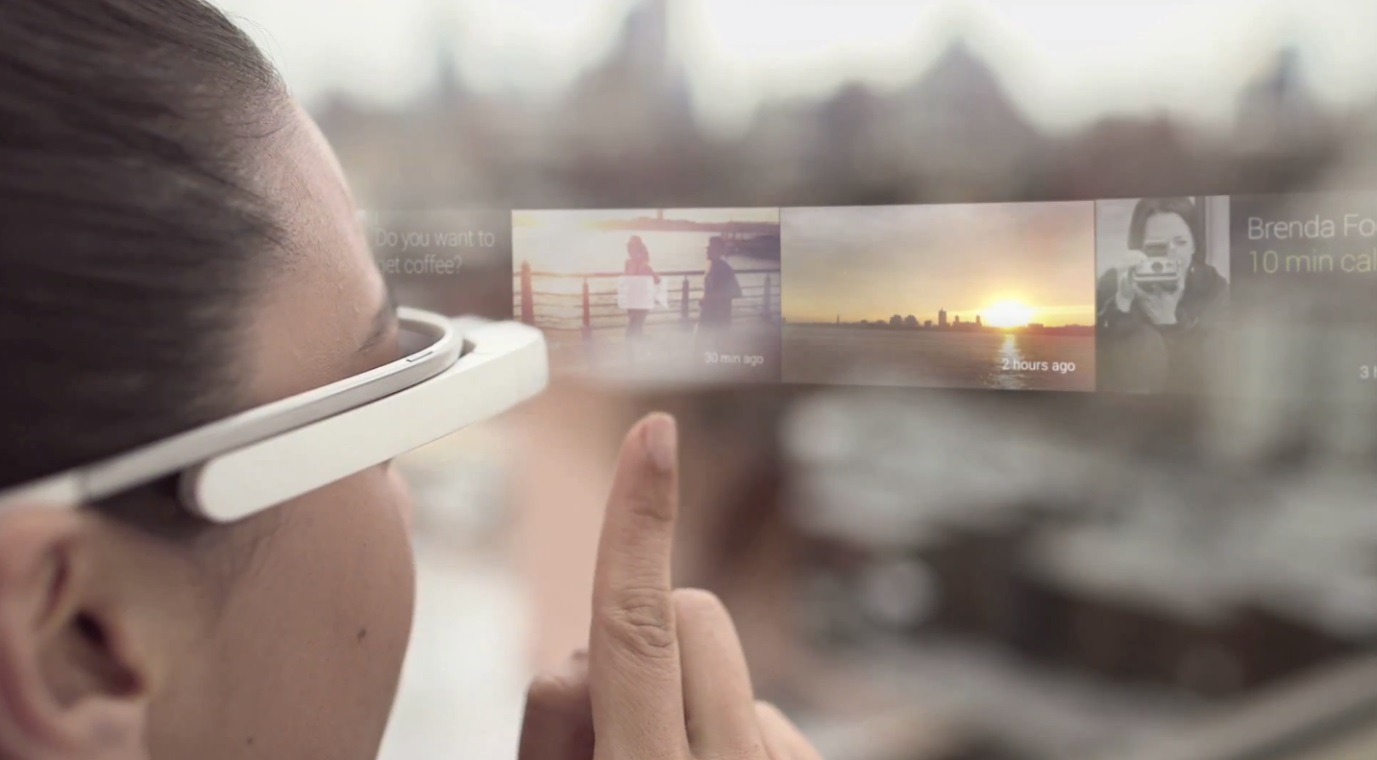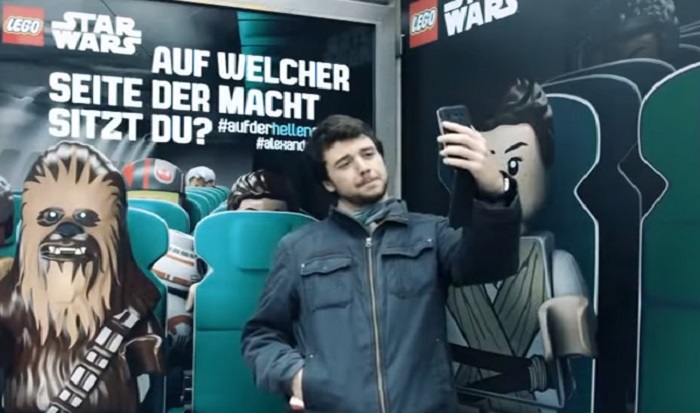What is love? A few years ago, this very question actually topped Google’s list of popular search queries.
While not easy to define, true love is something that all of us, deep down, crave. And that ‘loving feeling’ is something brands are keen to invoke.
This week, the UK and Europe’s ‘most loved’ brands were revealed in a list released by NetBase. The California-based social analytics firm looked at the top 50 brands in Europe (as determined by market research) and ranked the best-loved brands in technology, consumer goods, automotive, food and beverage, financial services and energy.
And there was little to be surprised about when it came to the brands standing proud at the top of the leaderboard: technology juggernauts Apple and Google were joined by beloved toy brand LEGO as the three names most admired by fans.
Without question, all three richly deserve their place atop the brand love mountain.
Technology companies reign supreme
NetBase’s report found that Apple and Google alone accounted for a whopping 64% of overall UK brand mentions between April 2015 and March 2016.
Great, perfect and awesome were just some of the positive words used by consumers online to describe their experiences with Apple, the clear brand love leader which achieved over 400,000 more mentions than Google.
This widespread love for Apple, and the extent of public expressions of affection, is not surprising. After all, Apple now has a rich heritage of winning hearts and minds through its commitment to innovation, style and simplicity.
It’s a company that has managed to turn unforgettably compelling ideas into a reality, time and again. The technological capabilities found in iPhones today would have seemed like a far-flung dream just 20 years ago. And as for the concept of the iPad? Utterly ridiculous.
Apple has been on a remarkable brand journey over the last decade, and it’s captured the admiration of legions of fans along the way.
Google, meanwhile, provides real, tangible value to billions of users each and every day as the world’s most popular search engine. Processing around 40,000 searches a second it is, quite frankly, hard to fathom a world without Google these days.
The search giant has achieved its unique position in the marketplace because of its fierce commitment to its users. Google works tirelessly to deliver the best user experience through constant improvements and tweaks to its winning formula. Like Apple, it’s a company with customers at its heart. It recognises the importance of delivering memorable and rewarding experiences.
Apple and Google have now both achieved highly enviable market positions, the likes of which almost every business in the world can only ever dream of reaching. But as technology brands, they’ve accomplished something even more remarkable than a staggeringly strong bottom line. They’ve managed to build brand love. On a colossal scale.
Both Apple and Google are natural brand standouts because they are now intrinsically woven into the everyday lives of billions of us around the globe. Both epitomise what we at Because mean when we talk about brand love – they are enduring and their value is now immeasurable.
Memories that span generations
The same report found LEGO to be the most loved consumer goods brand. LEGO’s recent partnership with Star Wars has clearly had a big role to play in driving positive sentiment for the brand.
But LEGO has long understood the role that experiential can play in building brand love. As a business, LEGO recognises the role of storytelling and the need to inject a healthy dose of magic into live brand experiences for fans of all ages.
LEGO occupies that rarest of positions for a brand: it’s equally loved by children and adults alike. Children fall in love with the brand’s products from a young age, developing key skills and making sense of the world through imaginative play. Many adults, meanwhile, are drawn to the creativity offered by the product range, and have the chance to discover the brand all over again when they have children of their own, with childhood memories fondly evoked.
A brand that has now captured hearts for generations, LEGO’s products create valuable opportunities for parents and children to bond with one another, forging long-lasting brand connections in the process. And that’s hugely important for all companies.
Why? Because 75% of buying experiences are based on emotion.
What makes a brand ‘loved?’
Brands, now, have to work harder than ever before to build brand love. Consumers expect more, are increasingly desensitised, and crave meaningful, personal interactions.
Today’s ‘best loved’ brands understand that consumers are no longer just after products. They now seek something much deeper than that. They want an experience, an emotional engagement. They’re looking for a solid brand relationships – consisting of loyalty, honesty, reliability, longevity and commitment.
Building brand love is a challenge. It’s a key goal that all business should strive to achieve, each and every day. And it only comes through putting the experiences of fans first.
Building a legion of fans, not customers, should be the ultimate aim. Fans who love a brand, are fiercely committed to it, and proudly share their experiences with anyone that will listen.
Love may only be a feeling – but when it comes to marketing, it’s the only feeling that really counts.
Want to learn more about how to create love for your brand? Sign up to our next marketing masterclass in London.